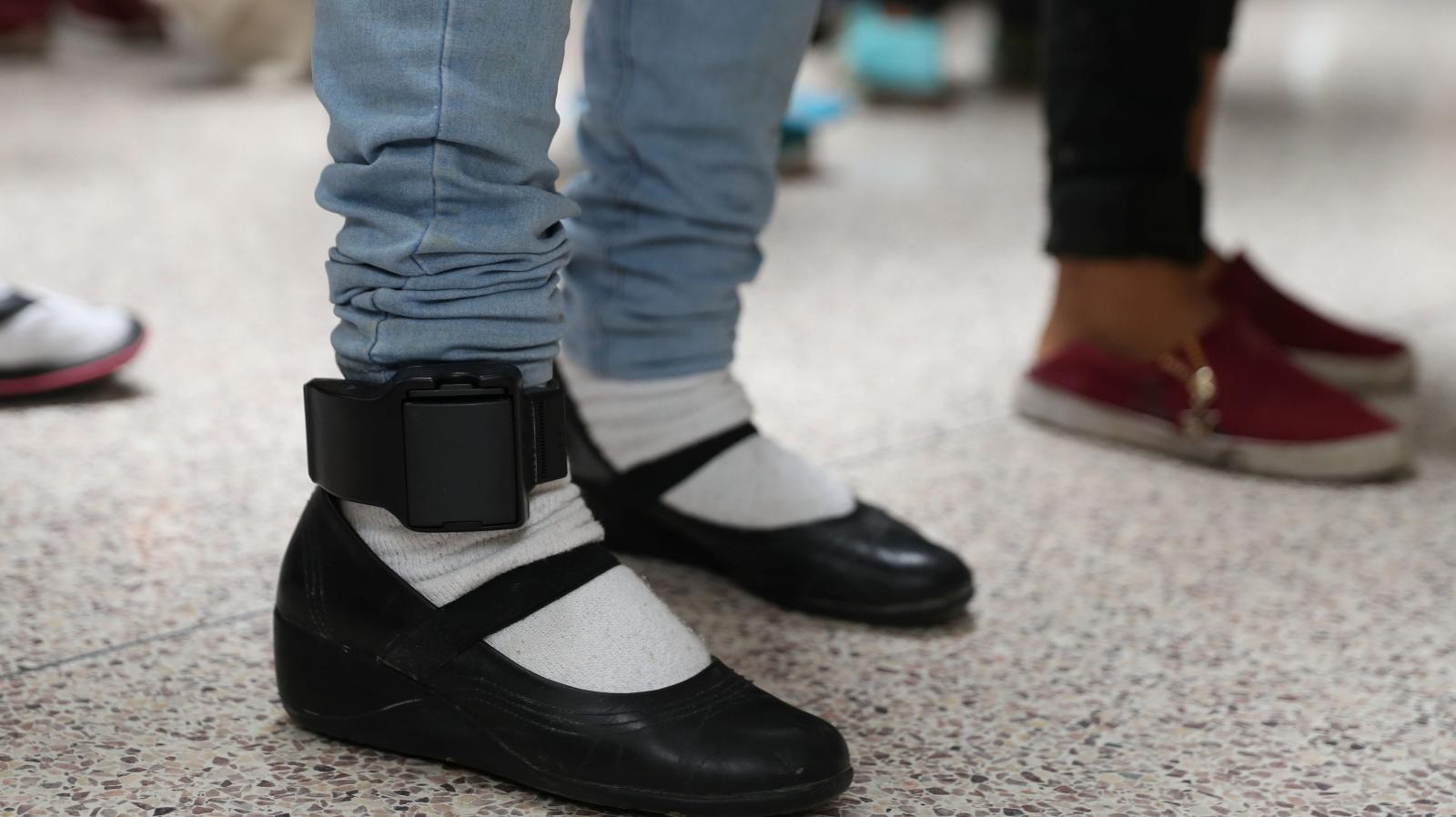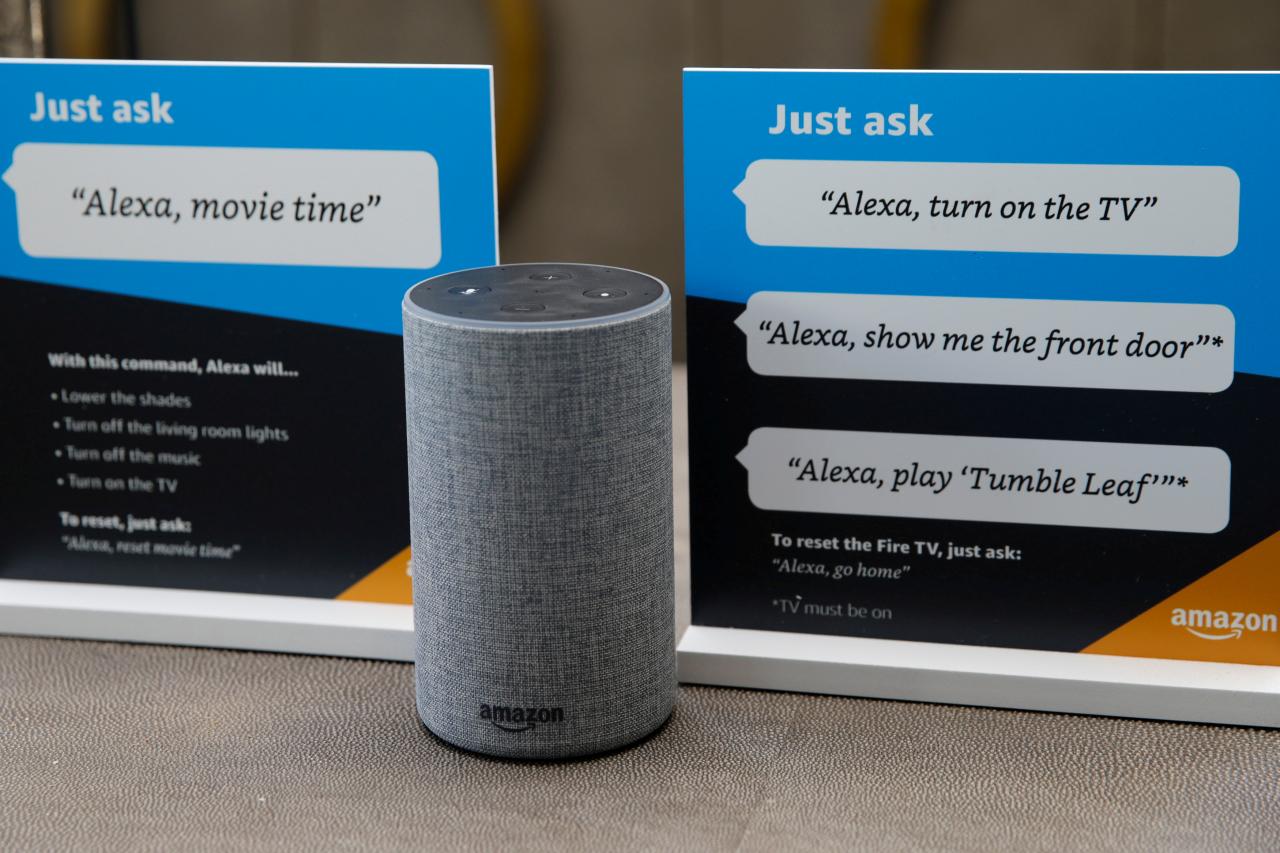Chinese schools enforce ‘smart uniforms’ with GPS tracking system to monitor students
Chinese schools have begun enforcing “smart uniforms” embedded with computer chips to monitor student movements and prevent them from skipping classes.
Eleven schools in the south-west province of Guizhou have introduced the uniforms, which were developed by local tech firm Guizhou Guanyu Technology.
As students enter the school, the time and date is recorded along with a short video that parents can access via a mobile app.
Facial recognition further ensures that each uniform is worn by its rightful owner to prevent students from cheating the system.
Skipping classes triggers an alarm to inform teachers and parents of the truancy, while an automatic voice alarm activates if a student walks out of school without permission.
A GPS system tracks student movements even beyond the school grounds.
The two chips — inserted into each uniform’s shoulders — can withstand up to 500 washes and 150 degrees Celsius, the company told state media Global Times.
Alarms will also sound if a student falls asleep in class, while parents can monitor purchases their child makes at the school and set spending limits via a mobile app, according to the company’s official website.


